Optimal Timing for Window Installations
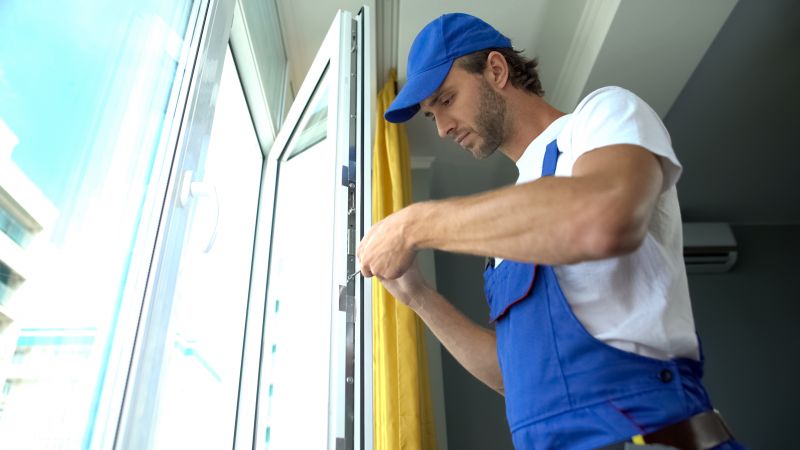
Spring offers moderate weather conditions ideal for Windows installations, reducing delays caused by extreme temperatures.

Summer provides longer daylight hours, allowing for flexible scheduling despite higher temperatures.
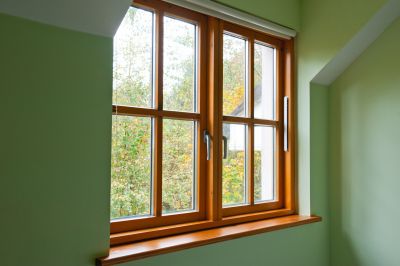
Fall's cooler weather and lower humidity levels make it a preferred season for outdoor window work.
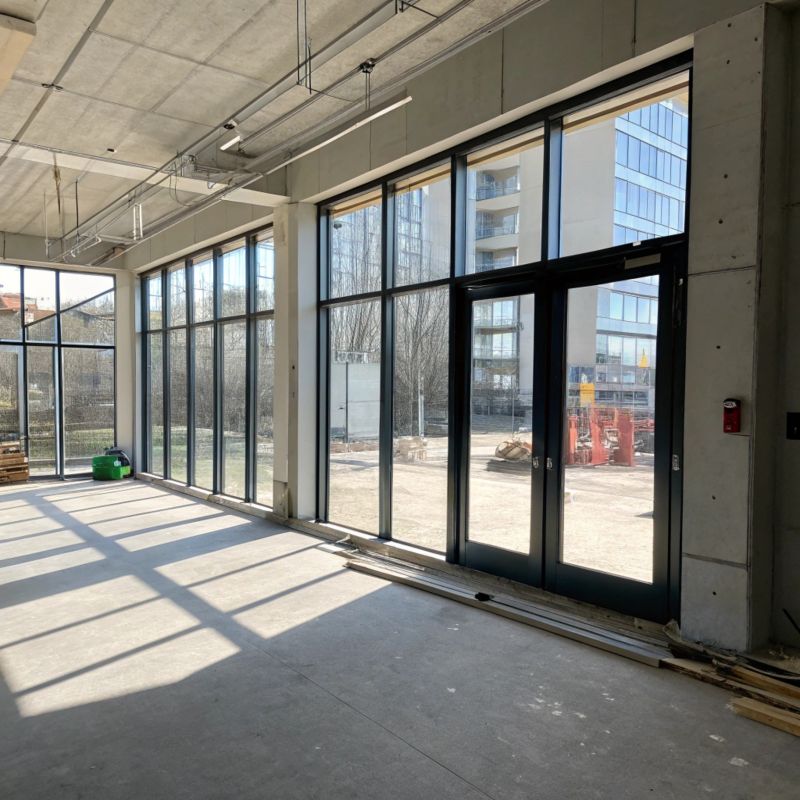
Ways to make Windows Installations work in tight or awkward layouts.
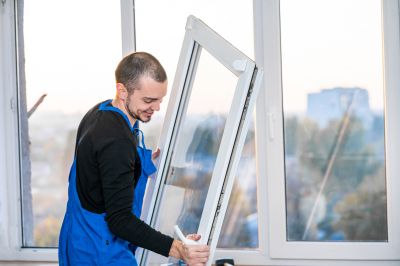
Popular materials for Windows Installations and why they hold up over time.

Simple add-ons that improve Windows Installations without blowing the budget.
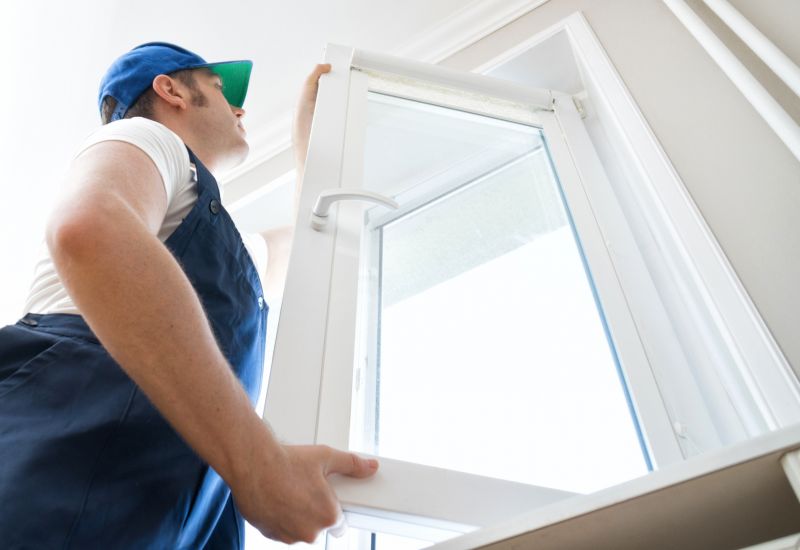
High-end options that actually feel worth it for Windows Installations.
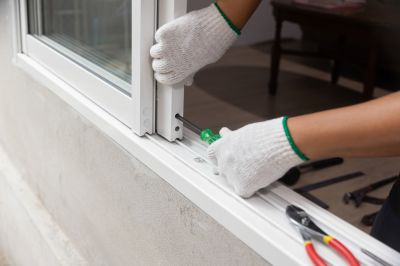
Finishes and colors that play nicely with Windows Installations.
Windows installations are a critical aspect of property upgrades and renovations. Proper timing ensures optimal results and minimizes disruption. The best time to schedule these installations depends on climate conditions, project scope, and personal preferences. Weather conditions significantly influence the success of installation projects, especially for outdoor windows. During periods of moderate weather, such as spring and fall, installation processes tend to be smoother and more efficient.
Statistics indicate that scheduling window replacements during mild weather can reduce project delays by up to 30%. Additionally, avoiding extreme heat or cold helps prevent material warping and ensures better sealing and insulation. Proper planning for the right season can lead to longer-lasting results and improved energy efficiency. Factors such as humidity levels and temperature fluctuations are crucial considerations when choosing the optimal time for installation.
Choosing a season with stable weather minimizes risks related to moisture and temperature extremes during installation.
Early planning during spring or fall allows for better resource allocation and scheduling flexibility.
Materials like sealants and adhesives perform best within specific temperature ranges, influencing timing decisions.
Properly timed installations can improve insulation and reduce energy costs over time.
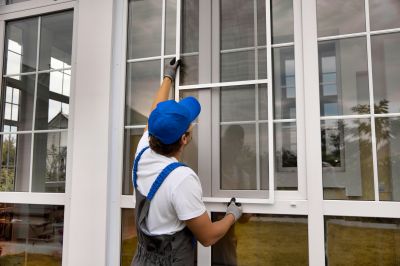
Best performed during mild weather to prevent sealing issues.

Less affected by seasonal weather, can be scheduled year-round.
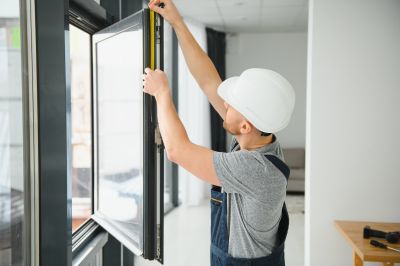
Require precise installation conditions, often best in moderate weather.
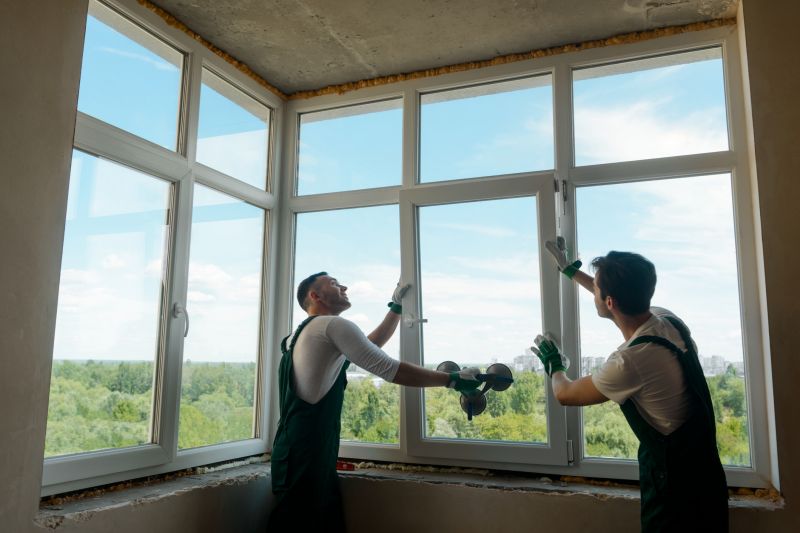
Optimal installation timing enhances energy efficiency benefits.
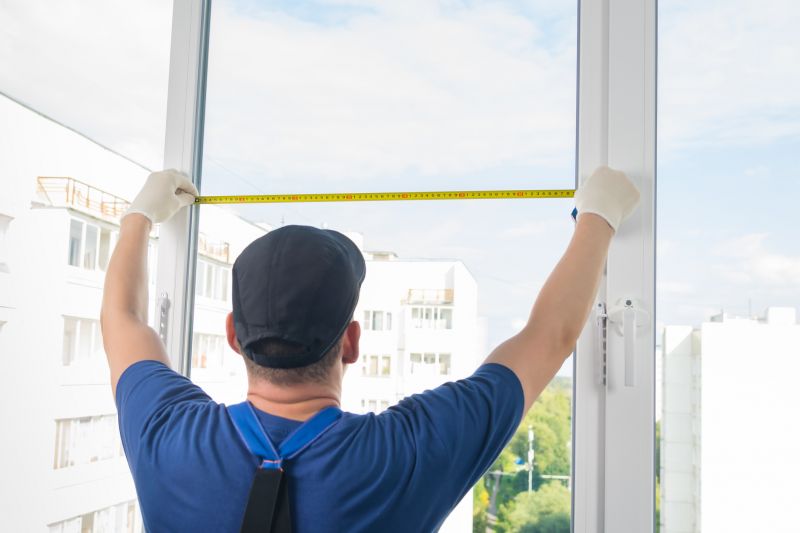
Little measurements that prevent headaches on Windows Installations day.

A 60-second routine that keeps Windows Installations looking new.
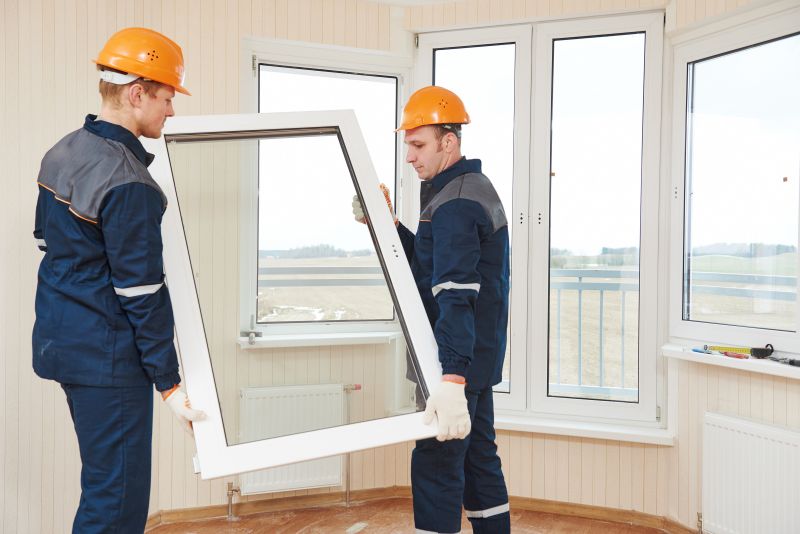
A frequent mistake in Windows Installations and how to dodge it.

Small tweaks to make Windows Installations safer and easier to use.
| Season | Advantages |
|---|---|
| Spring | Moderate weather, longer daylight hours, ideal for outdoor work. |
| Summer | Extended daylight, but higher temperatures may require early or late work. |
| Fall | Cooler temperatures, lower humidity, good for outdoor installation. |
| Winter | Less ideal due to cold weather and potential for delays, but possible with indoor projects. |
| Late Spring/Early Fall | Transition periods with favorable weather conditions for installation. |
Choosing the right time for Windows installations involves considering weather patterns, project scope, and material requirements. Proper timing not only enhances the quality of the installation but also extends the lifespan of the windows. Consulting with local professionals can help determine the most suitable season based on specific property conditions.

Ideal for outdoor projects due to mild weather and longer days.

Best scheduled early mornings or late afternoons to avoid heat.

Optimal due to cooler temperatures and lower humidity.
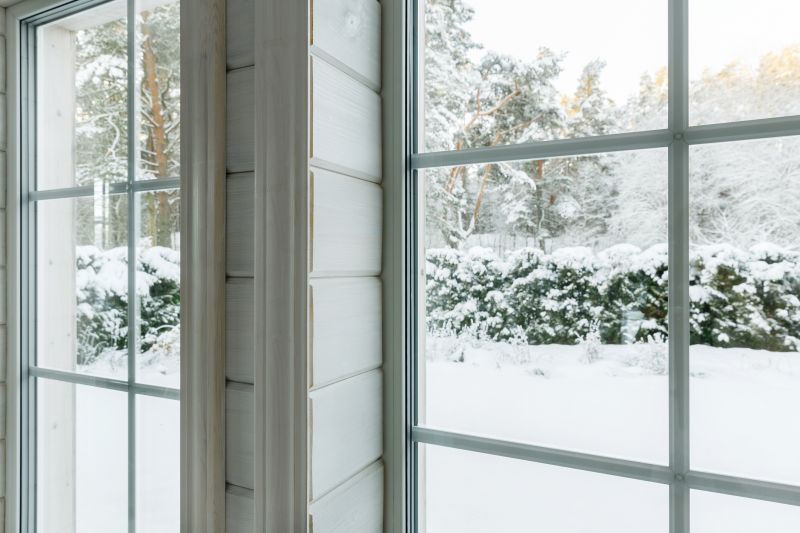
Suitable for indoor projects, less affected by weather.
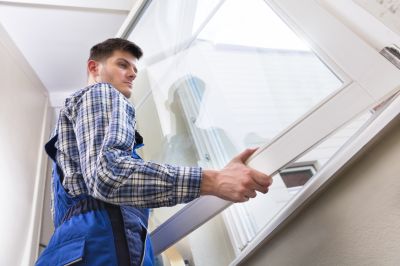
Lower-waste or water-saving choices for Windows Installations.

The short, realistic tool list for quality Windows Installations.
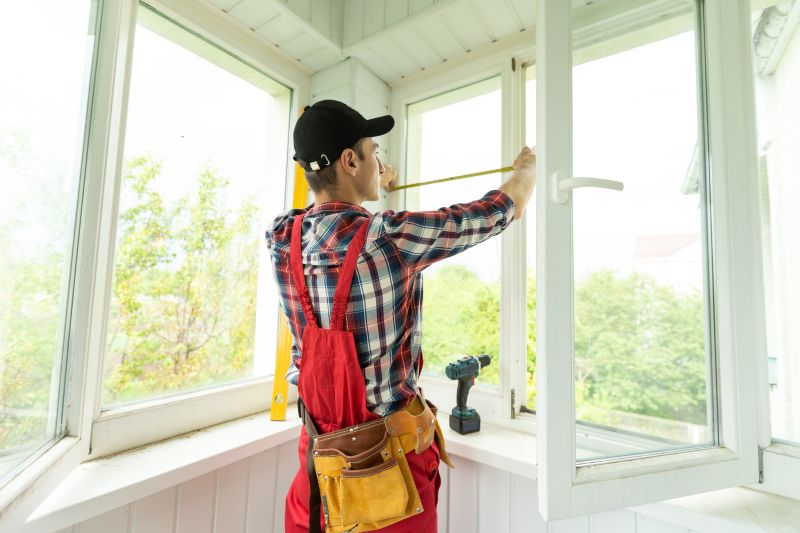
Rough timing from prep to clean-up for Windows Installations.

Quick checks and paperwork to keep after Windows Installations.
If interested in scheduling Windows installations, filling out the contact form provides an opportunity to discuss optimal timing based on local weather conditions and project specifics. Proper planning ensures efficient project completion and lasting results.


